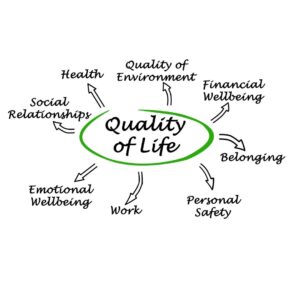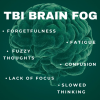After an injury, a TBI patient is at their lowest point, and they don’t think anything is possible. There’s a feeling of loss and mourning with a traumatic brain injury because there are so many things a patient won’t be able to do again.
Recreation is something that defines us as individuals. It makes us who we are.
I was an artist.
I was a musician.
I was an athlete.
When it seems like everything has been taken away, therapeutic recreation brings them back. Instead of saying to a patient here’s the things you can’t do, ask what do you want to do?

Make it meaningful for the patient.
There are an estimated 5 million Americans who live with permanent brain injury and the role of Recreational Therapist plays a very important part of their recovery. Therapeutic recreation uses leisure activities to achieve the goals of improving or restoring physical strength, cognition, and mobility.
Recreational therapists find out what motivates a patient, so they are willing participate in leisure activities that address functional skills for recovery. Recreational therapists work closely with a patient’s other therapists to help them achieve their goals.
Recreational therapy has a wide array of activities that focus on community integration, exercise and strength training. There are also sports adaptations, and aquatic exercise. Any activity is considered recreational therapy when it’s used to improve quality of life through maximize skill development.
Participating in a leisure activity in the community increases life satisfaction. It also connects that person to a community and improves time management skills, as well as increases confidence in independence.
After a brain injury, a person may experience:
- Decrease in leisure participation
- Increase in free time
- Loss of income
- Decrease in social skills
- Sedentary activities
- Less social activities
These changes all have a negative impact on quality of life, but recreational therapy can address them and help people find new ways to enjoy life which will speed the recovery process. The activity is not the goal, it’s just the modality that motivates a TBI patient to recover.
The resources and tools that have been built upon in-patient must be continued after discharge.
What does a Recreational Therapist do exactly?
The recreational therapist is an expert in getting people back into life and those things they enjoy. Their goal is to help them function and become more independent, which also helps with depression.
Many people with TBI were injured in car crashes and are afraid of driving or traffic. So, to overcome this a recreational therapist will take them across the street or help them relax on a bus. The recreational therapist will help the patient approach their fears and overcome them. Going out into the community is a very important aspect of recreational therapy because many brain injury patients are marooned at home or dependent on their family for mobility. The recreational therapist gives them back their independence by helping them read a bus schedule and get back to doing the things that they enjoy.
What is the difference between recreational and occupational therapy?
There are distinct and clear differences that are found in each profession’s focus and purpose. Both assist the individual who need help recovering from a traumatic brain injury however occupational therapy focuses on improving the ability to perform daily tasks like feeding and bathing, whereas recreational therapy emphasizes daily leisure.
Occupational just that occupation, or work.
Recreational is just that recreation, or leisure time
The Therapeutic Recreation Specialist and Occupational Therapist often work together with a team approach to provide optimal recovery to their clients.
A Certified Therapeutic Recreation Specialist helps guarantee a quality outcome because so many times recreation is the driving force for success.



